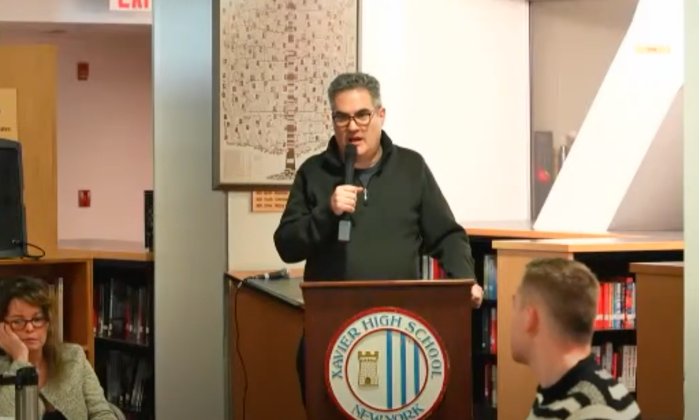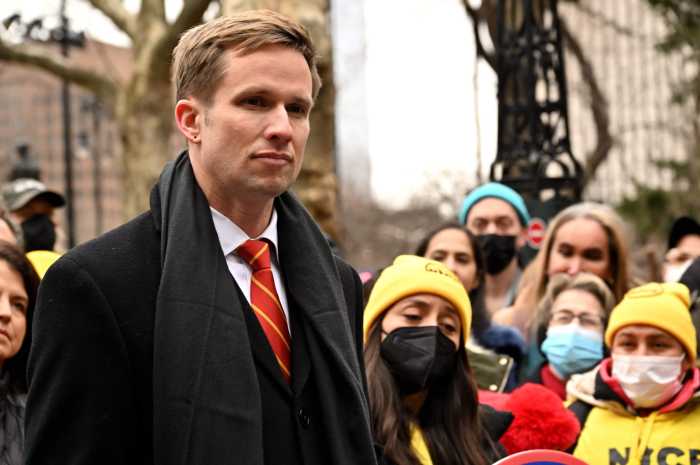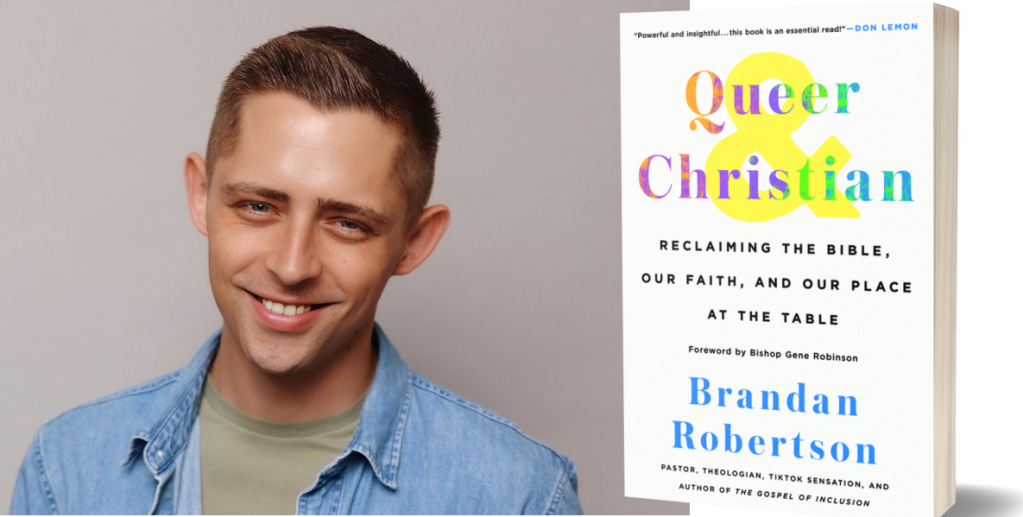Nearly half of parents in Florida agree with Governor Ron DeSantis’ “Don’t Say Gay or Trans” law, but roughly 40% also say they would consider leaving the state over the law, according to a survey conducted in the spring of 2023. The data was revealed in a report published by the Williams Institute of UCLA.
Not surprisingly, those who identify as Democrat or Independent, as well as people with an LGBTQ family member or friend in their lives, are more likely to disagree with the law than Republicans.
According to the survey results, 12% of parents said their kids fear the future while living in Florida. Meanwhile, others are weighing whether their future even involves Florida; 20% say they “very much” want to move away, while 19% somewhat would like to move out of Florida. Adding a sense of urgency, 11% say they are likely to move in the next two years.
Respondents are seeing the effects of the law in action, including 9% who describe “observing the removal of books” in their counties and 13% “observing the removal of signifiers of LGBTQ inclusivity,” such as the Safe Space stickers often used for classrooms.
The Don’t Say Gay or Trans law, originally billed as the “Parental Rights in Education” Act (HB 1557), bars classroom instruction on sexual orientation and gender identity. Although it was limited to elementary grades, the Florida Board of Education approved an expansion of the policy through 12th grade. Nearly half — 46% — of respondents disagreed with expanding it.
Notably, many parents who are against the law appear to be firmly opposed to it. Among respondents who disagree with it, 90% say it provokes hostility.
However, 15% felt mixed about moving, and 45% say they do not want to move. According to the survey, the parents who agree with the act say that it primarily ensures the rights of parents while also “protecting” children’s wellbeing. Aside from believing that the LGBTQ community is immoral, they believe that any education into the community would “influence” children (though in what way was not specified).
































